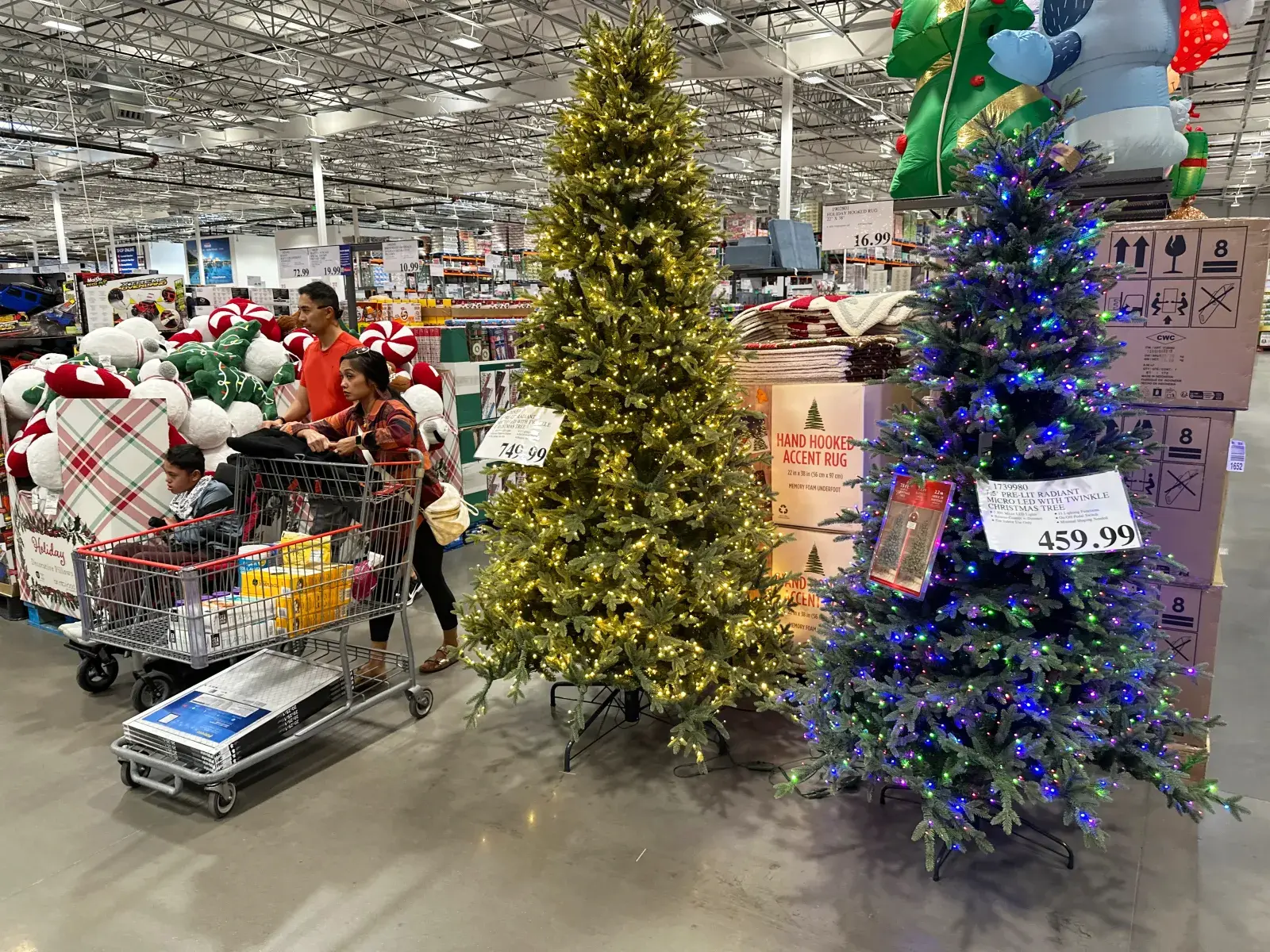Copyright newsweek

America’s struggling shoppers are relying on new ways to scout out deals and finance their holiday expenses, according to a recent study by PayPal. In its latest Holiday Shopping Survey, released Wednesday, the digital payments company found that Americans are increasingly turning to artificial intelligence to help with their seasonal shopping, with 77 percent of “AI shoppers” (who have previously done so) planning to use the technology this year and 34 percent using it specifically to search for discounts. Additionally, half of consumers said they will rely on buy now, pay later (BNPL) loans to finance their holiday purchases, citing affordability and better budget management as their main reasons. Why It Matters Several surveys have indicated that consumers are hesitant going into holiday shopping season, with a majority anticipating higher prices and potentially pulling back on spending. This cautious seasonal outlook reflects the broader financial anxieties harbored by a growing number of Americans, as well as their increasingly pessimistic outlook for the U.S. economy as a whole. Companies themselves have expressed concern that widespread price-consciousness among shoppers could impact their festive sales. Several businesses told Newsweek recently that this, combined with higher costs resulting from tariffs, has placed them in a tough situation: forced to consider raising prices while still trying to lure in consumers with seasonal discounts. What To Know PayPal’s nationally representative poll gathered responses from 1,000 American adults in early September. Over three-quarters (77 percent) of those who have used AI to assist with purchases in the past plan to use it as a shopping assistant this year. In addition to hunting for deals, 30 percent of this group said they will use AI to compare products, and 26 percent for gift ideas. Meanwhile, PayPal noted that BNPL has transformed from an “alternative payment method” to “a vital tool for managing cash flow,” and one which customers now expect as an option at the checkout. Over half (52 percent) said they are more likely to make a purchase when BNPL is available as a payment option. As the survey results show, the reliance on BNPL this year has been driven in part by growing concerns among consumers about how to afford their holiday purchases. Shoppers pass by Christmas trees on display at a Costco in Denver, Colorado, on October 14, 2025. (AP Photo/David Zalubowski) According to the National Retail Federation’s annual holiday survey, released last week, Americans plan to spend an average of $890.49 per person on holiday items this year—the second-highest level in the survey’s 23-year history and just below last year’s record of $901.99. While this indicates healthy consumer activity despite prevalent economic concerns, 85 percent of respondents said they were expecting higher prices this festive season due to tariffs. Meanwhile, 63 percent plan to postpone their holiday shopping until the discount-filled Thanksgiving weekend, up from 59 percent last year. What People Are Saying Michelle Gill, general manager of Small Business and Financial Services at PayPal, said: “Shoppers are moving fluidly across channels, discovering products through AI, returning to stores, and choosing flexible payment options like Buy Now, Pay Later (BNPL) to maximize this holiday season. Merchants that enable seamless experiences and deliver value at every touchpoint will not only thrive this holiday season but build stronger, long-term customer loyalty.” What Happens Next Recent forecasts on how consumers will shop and businesses will fare this holiday season have been mixed. Some have projected notable declines in spending due to widespread financial anxieties, while others predict increases, noting that much of this growth will be driven by inflation.



